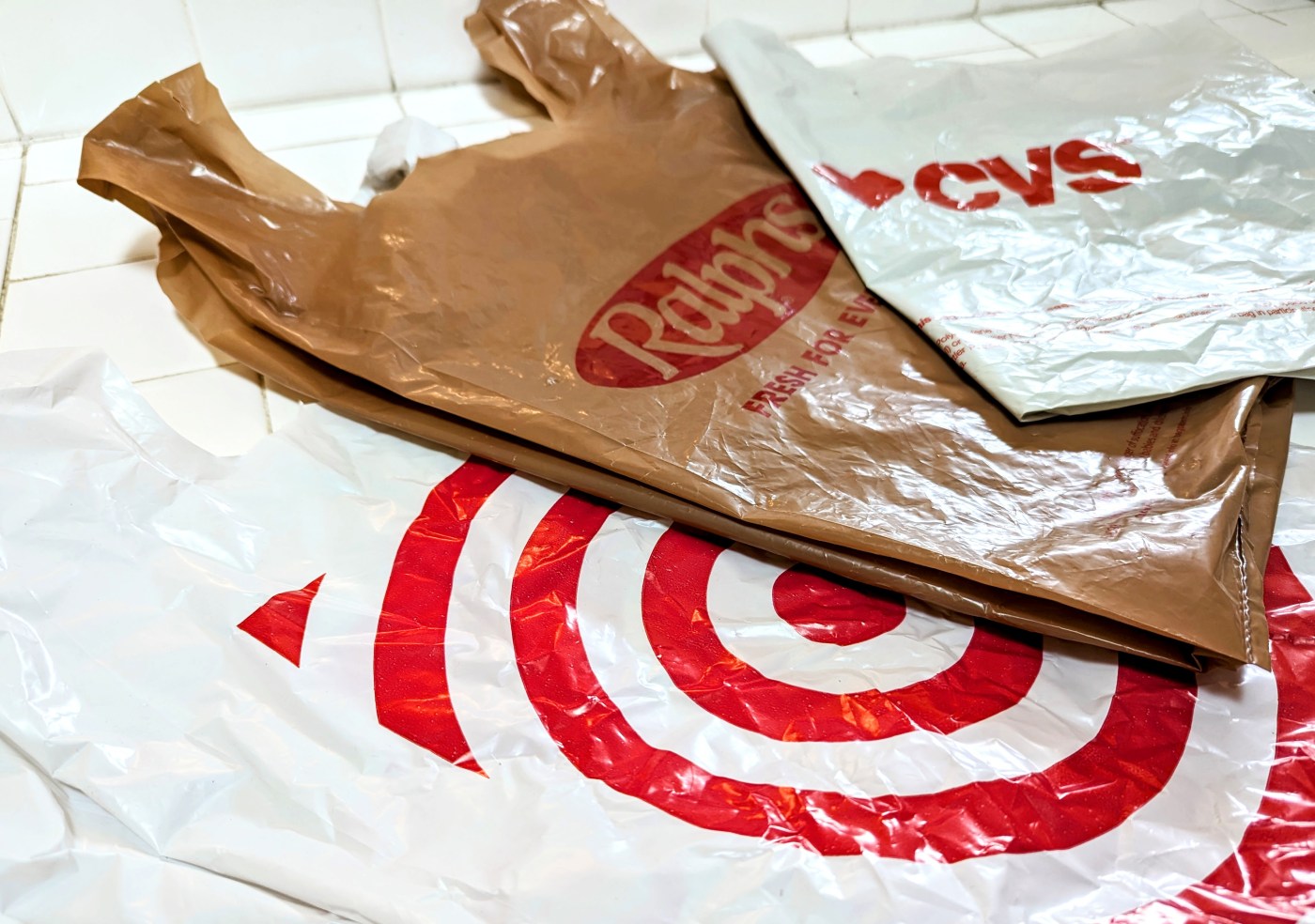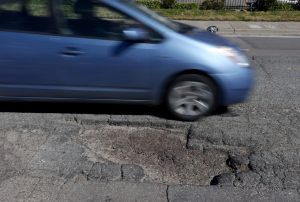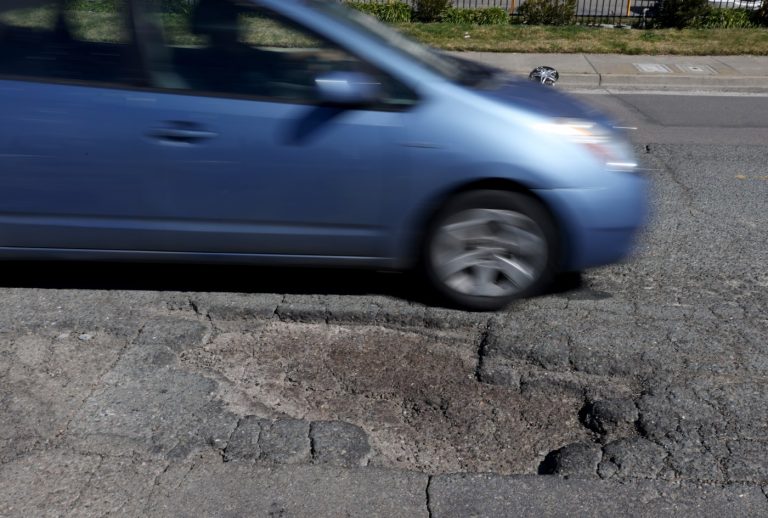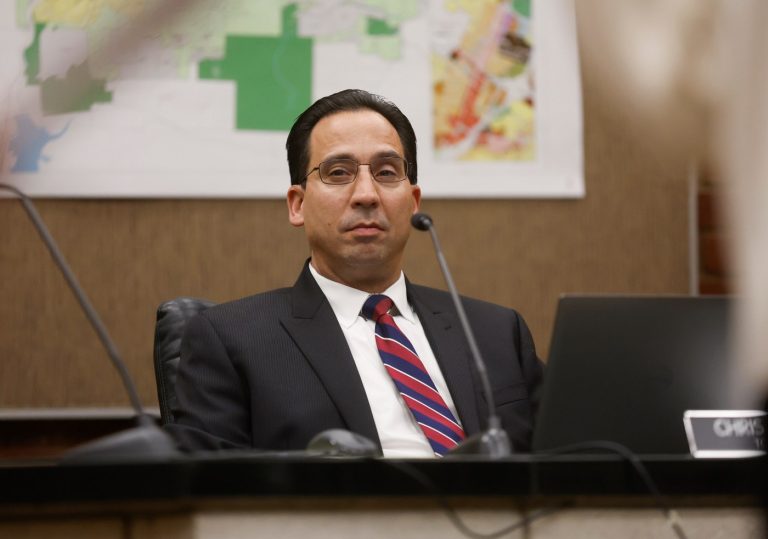For years, “paper or plastic?” has been the question that millions of shoppers hear when they roll up to the checkout counter.
But in California, that universal phrase may soon be going the way of “Yada, yada, yada,” “Heeere’s Johnny!” and “send me a fax.”
On Tuesday, lawmakers in the California state Senate and Assembly approved two bills that that would ban supermarkets, retail stores and convenience stories from providing shoppers with thicker, reusable plastic bags. If those bills pass the other chamber, and are signed by Gov. Gavin Newsom, which is likely, the measures would take effect Jan. 1, 2026.
California already bans flimsy white single-use plastic bags at most supermarkets and retail stores. They were prohibited in 2016 when voters passed Proposition 67, over concerns about plastic pollution in the ocean and litter.
But that ballot measure contained a loophole, inserted by some Democratic lawmakers in Sacramento who had plastic bag factories in their districts. It said that thicker plastic bags could still be used at stores if they were labeled as recyclable and could be reused.
Now a coalition of environmental groups and their supporters in the state Capitol say those bags need to go too.
“With tougher rules and eco-friendly alternatives, we’re ready to kick plastic bags to the curb and reclaim our environment,” said Assemblywoman Rebecca Bauer-Kahan, D-Orinda, the sponsor of one of the bills.
The numbers of those sturdier plastic bags, which have handles and are common at stores like Safeway and Target, have been climbing, and studies show that most of them aren’t being recycled.
An investigation by ABC News last year found that when journalists put electronic tracking tags on 46 bundles of plastic bags left in recycling bins in WalMart and Target stores around the country, only four ended up at recycling centers. Half went to landfills and waste incinerators, seven stopped pinging at transfer stations that don’t recycle or sort plastic bags, six last pinged at the store where they were dropped off, and three ended up in Indonesia and Malaysia, where some U.S. trash is shipped for processing.
Cal Recycle, the state agency that tracks garbage going to landfills, found that in 2014, there were 83,000 tons of plastic bags in the state’s waste stream. After the statewide grocery ban passed, that number fell to 67,000 tons. But by 2021, it had shot up to 139,000 tons.
Part of the reason is that the bags became cheaper to produce, and because Newsom’s administration banned people from bringing their own cloth bags to stores in 2020 when the COVID pandemic first began, over fears that the virus could be transmitted by the bags. Later studies found it couldn’t.
“It seemed that behavior sort of shifted, and that led to more plastic use,” said Nate Rose, a spokesman for the California Grocers Association, which supports the bills. “Looking back, we knew so little about COVID and how it was spread.”
He noted that some stores, including Whole Foods and Trader Joes, already provide only paper bags at the checkout. The grocery industry has faced several lawsuits from consumers who say the thick plastic bags are not really recyclable, as the stores claim.
“It won’t be a drastically different shopping scenario,” Rose said. “There are still going to be paper bags available and you can bring your own bags from home. It should be a smooth transition.”
The two bills are SB 1053, by Sen. Catherine Blakespear, D-Encinitas, which passed the state Senate by a 30-7 vote, and AB 2236, by Bauer-Kahan, which passed the Assembly by a 51-7 vote. Newsom has not said how he would act on the bills, but he has signed others in recent years to strengthen recycling laws.
Some lawmakers say the measures are the latest example of California behaving like a “nanny state.”
“There are too many mandates on what people can and can’t do,” said Assembly Republican Leader James Gallagher, R-Chico. “What kind of car they can drive, things like that. I don’t see there’s a big need for it. Let people make the decisions they want to make.”
Two other states, New York and New Jersey, have also banned the thicker reusable plastic grocery bags over environmental concerns.
The California bills also would require that paper bags have at least 50% recycled paper content, up from the current 40%, and require stores to charge at least 10 cents per bag to recoup their costs.
Under the bills, one type of plastic still would be allowed in supermarkets, retail stores, and convenience stores: thin bags on rolls that are used to hold loose fruits and vegetables, or in the meat department.
But those are changing also. A law signed by Newsom in 2022 from Sen. Susan Talamantes Eggman, D-Stockton, requires that those types of bags, called “pre-checkout bags” in grocery store lingo, must be replaced no later than Jan. 1, 2025 with recycled paper bags, or bags made of compostable plastic.
Environmental groups point to studies showing that millions of tons of plastic are ending up in the world’s oceans, breaking into trillions of tiny confetti-like pieces, and being consumed by fish, including fish that people eat.
“At the check stand, when they ask if you want paper or plastic, they don’t say ‘do you want recycled paper bags or plastic bags that will take more than 100 years to break down, will pollute the ocean, and might turn up in our food and drinking water?’” said Mark Murray, executive director of Californians Against Waste, a Sacramento advocacy group.
“It’s not an abstract. It becomes part of the ocean food web. And we are literally consuming our own plastic garbage when we eat fish,” he said.












